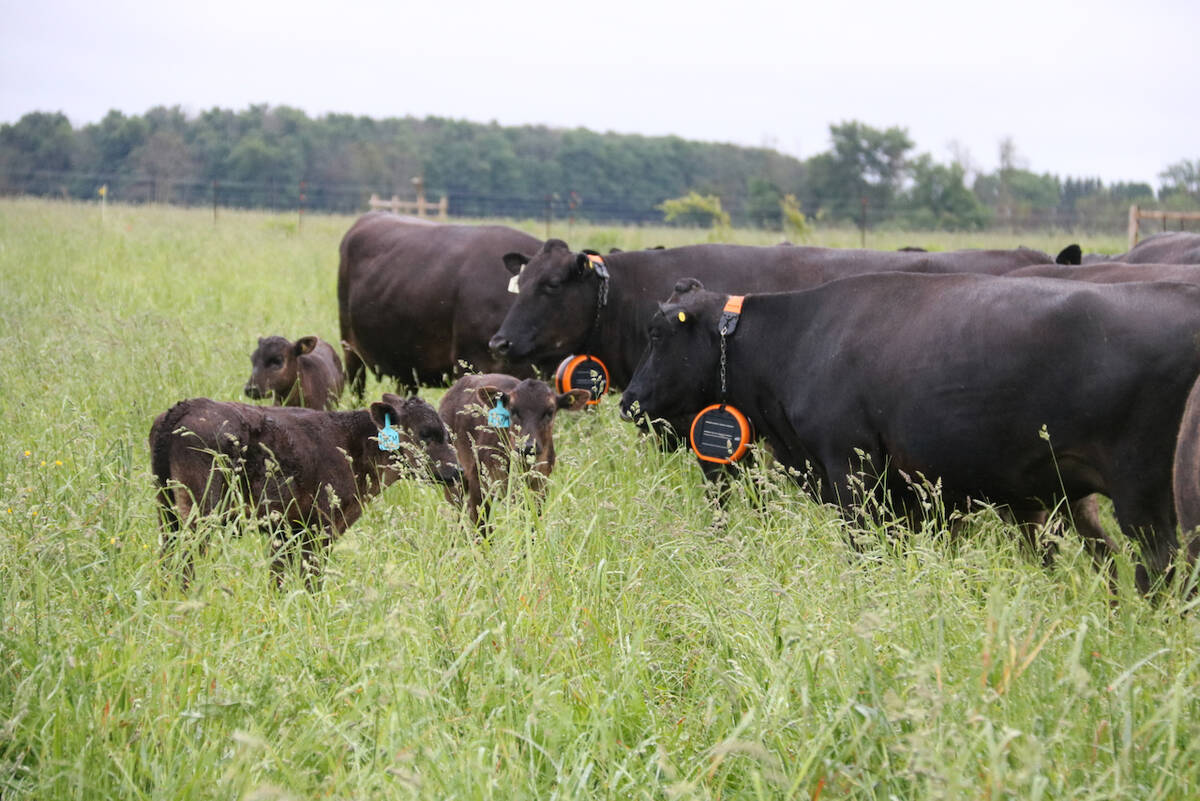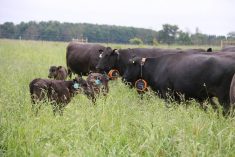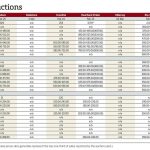A “major constraint” against exports of Canadian peas and other pulse crops to China has been lifted with the removal of that country’s maximum limit for selenium in imported foods, Canada’s pulse-industry agency reports.
Pulse Canada on Mar. 7 confirmed that China removed its cap on selenium levels effective Feb. 14, fulfilling a commitment Beijing made to Canadian officials in April last year.
While Canadian pulses moving into China for starch noodle use or animal feed hadn’t been subject to China’s maximum limit on selenium since it was imposed in 2006, Pulse Canada said many importers in China advised that they weren’t importing pulses for snack foods, flour or other uses due to the limits on selenium.
Read Also

How soil fertility management can boost pasture yield by 43 per cent
Learn how soil testing and targeted fertilization can increase pasture biomass by 43%. Expert tips on N, P, and K management for beef cattle producers.
Soils in some parts of Canada have relatively high levels of selenium, leading to higher levels in Canadian pulse crops, Pulse Canada said. Some shipments would thus exceed China’s limit, which Pulse Canada said is set at 0.3 parts per million in pulses.
Canadian pulses were admitted for starch noodles and animal feed, Pulse Canada said, after the agency came up with analysis showing selenium in pulses stayed with the protein fraction, not the starch fraction.
Pulse Canada said it worked with the Canadian government and embassy to encourage China to review its limit for selenium, leading to a scientific risk assessment in which selenium was reclassified as a nutrient, not a contaminant.
“The final approval of the change in the standard is the final step in this process,” Pulse Canada said.
“Import demand for Canadian pulses could increase to 1.5 million tonnes worth an estimated $500 million,” the agency said last April when China pledged to lift its limits.
China’s move on selenium limits is essential to reach the product-use growth envisioned in the memo of agreement, Pulse Canada said.
That said, China’s decision applies to pulse imports from other countries as well. The U.S. Dry Pea and Lentil Council noted in a Feb. 24 newsletter that Beijing’s decision “opens the door for sales of pulses, and peas in particular for other purposes” besides noodlemaking.
China’s decision, while published Feb. 14, is retroactive to Jan. 24, the Idahobased council said














